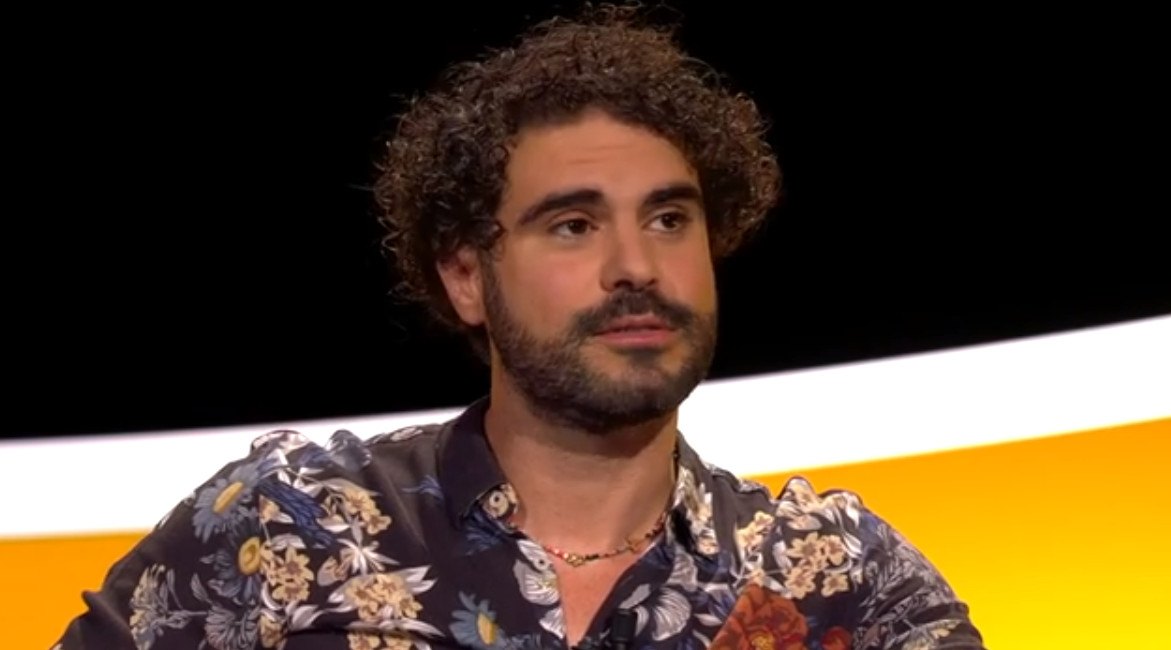
The dynamic duo of Riadh Bahri and Luc, accomplished filmmakers based in Brussels, share a profound passion for the boundless realm of virtual flight. Through their captivating films "De Columbus" and "Nonkels," they transport audiences to a world where the skies are their canvas and the unknown becomes their destination.
Riadh Bahri, known for his experimental and documentary-style filmmaking, and Luc, a seasoned animator and visual effects artist, found common ground in their fascination with the ethereal possibilities of virtual flight. Together, they embarked on an artistic journey that explores the intricate relationship between humans, technology, and the boundless expanse of the virtual sky.
In "De Columbus," Bahri and Luc embark on a virtual voyage, following the footsteps of the legendary explorer Christopher Columbus. Using cutting-edge flight simulation technology, they soar through uncharted territories, immersing viewers in a surreal and atmospheric experience. With each pixel and frame, they question the boundaries of reality, merging the virtual and physical realms.
Shifting gears, "Nonkels" takes a more introspective approach. Through the eyes of an aging man, the film explores the transformative power of virtual flight. As he navigates the digital skies, memories of his childhood, family, and life's journey come flooding back. Bahri and Luc use virtual flight as a poignant metaphor for the passage of time and the bittersweet memories we carry within.
The films of Bahri and Luc have garnered critical acclaim and sparked discussions on the artistic and philosophical implications of virtual flight. Some critics have praised their ability to capture the exhilarating essence of flight and the psychological depths it can evoke. However, others have questioned the authenticity of such experiences, arguing that they lack the tactile and sensory feedback of real-world flight.
Despite these critiques, the work of Bahri and Luc remains a significant contribution to the ongoing exploration of the intersection between art and technology. By pushing the boundaries of virtual reality, they challenge our perceptions of the real and the imagined, blurring the lines between the physical and the digital.
Recent academic research has delved into the psychological effects of virtual flight. Studies show that immersive flight experiences can enhance spatial awareness, improve cognitive flexibility, and even reduce stress levels. However, it is important to note that the long-term effects and potential risks of prolonged exposure to virtual reality are still under investigation.
Independent news articles have also reported on the growing popularity of virtual flight simulation as a hobby and a form of entertainment. Flight simulators are becoming increasingly sophisticated, providing home users with unparalleled access to realistic flying experiences once reserved for professional pilots.
The artistic explorations of Riadh Bahri and Luc in "De Columbus" and "Nonkels" have opened up new avenues for creative expression and raised thought-provoking questions about the nature of virtual flight. While perspectives on the authenticity and artistic value of such experiences may differ, their films serve as a testament to the boundless possibilities of human ingenuity and the transformative power of technology.
As the field of virtual reality continues to evolve, it is likely that Bahri and Luc's work will continue to inspire future generations of filmmakers, artists, and technologists. Their legacy lies in their ability to capture the thrill, wonder, and introspection that can be found in the virtual skies, forever intertwining the realms of the real and the imagined.

Post a Comment